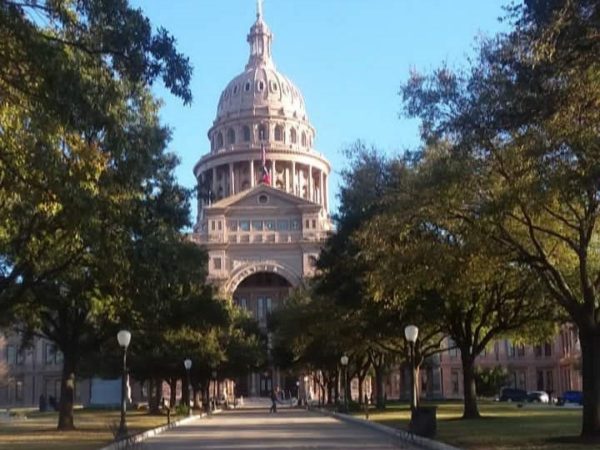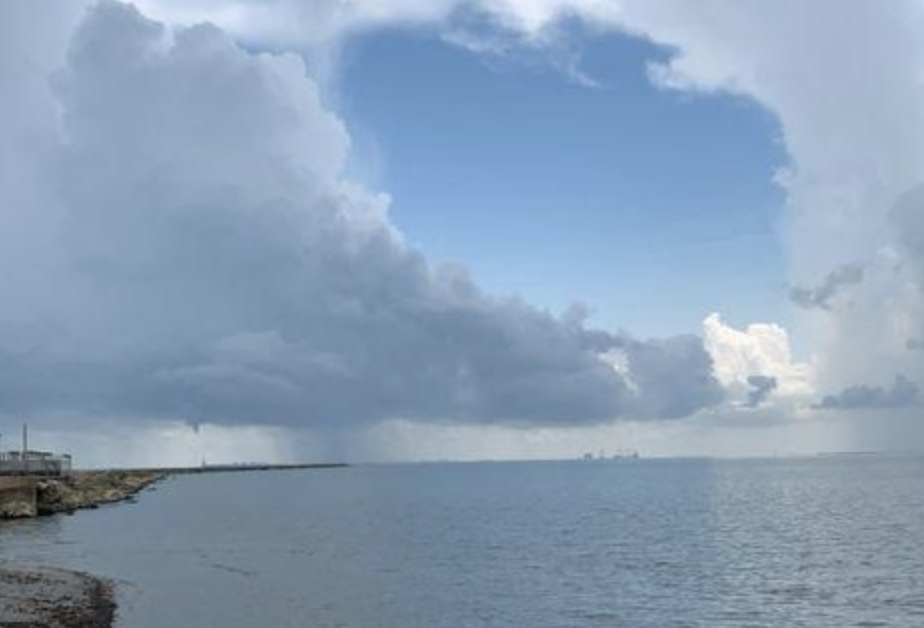(By ANDREA VAQUERA-GUERRERO)
State lawmakers want to know why there’s a widespread delay in processing rape evidence kits across the state, and what can be done about it.
The Texas House Homeland Security and Public Safety Committee met at the State Capitol Feb. 13 to evaluate budget requests among a slew of state agencies charged with keeping Texans safe. When it was the Forensic Science Commission’s turn, the much-publicized delay in processing the kits was the center of lawmakers’ attention.

Andrea Vaquera-Guerrero)
State Rep. Celia Israel, D-Austin, and State Rep. Gina Calanni, D-Houston, had questions not only about the long delays, but also the reasons behind them.
Leigh Savage and Lynn Garcia, attorneys with the Forensic Science Commission, specifically deal with misconduct within forensic laboratories. It is their agency that is responsible for licensing criminal labs.
They went before the House committee to the Texas Department of Public Safety’s request for an additional $200,000 to help laboratories in Texas start re-looking at old kits and examine new ones faster.
“We try to spread the message to advocate to get more analysts,” Garcia said.
“How do you spread the message? Are you using any media platforms?” Israel asked.
“We don’t do press releases but we do post about our cases on our website,” Garcia said.
The representatives on the committee kept asking questions about the crime labs themselves. Savage and Garcia pointed to those with the Department of Public Safety, saying they are the only ones with the answers to such questions. The two attorneys stressed their purpose at the hearing was to lend support for the need for the additional funds.
Rep. Calanni brought up questions about rape kits. “Where are they? How long is it going to take to get analyzed? Are they stored at the labs that they are sent to?”
Garcia said, “Some kits get sent to private laboratories to be tested and get sent back to the law enforcement agencies that send them. We do not know how long they stay there, or where they get sent to, or how long they are being processed.”
Savage mentioned one particular case that she and Garcia worked on dealing with a toxicology analyst who gave false information about reviewed cases. The two attorneys are tasked with such investigations.
The committee’s chair, Rep. Poncho Nevarez, D-Eagle Pass, agreed with the need for additional funding for more analysts across the state.




